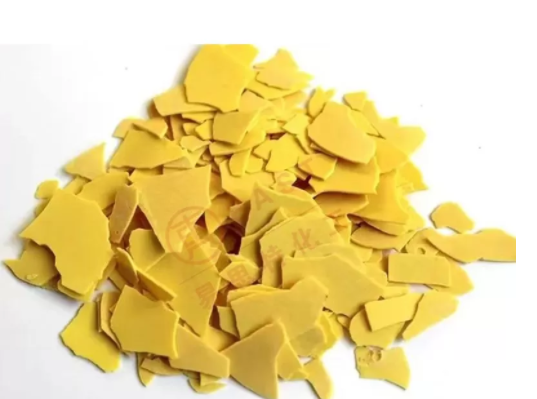What is sodium sulfide used for?
what is sodium sulfide used for?
Introduction:
Sodium sulfide, a chemical compound with the formula Na2S, is a versatile substance that finds application in various industries and processes. Known for its distinctive odor and unique properties, sodium sulfide is used in a wide range of applications, ranging from manufacturing to wastewater treatment. In this article, we will explore the numerous uses of sodium sulfide and shed light on its importance in different sectors.
Leather Industry:
Sodium sulfide plays a significant role in the leather industry, particularly in the tanning process. It is used as a reducing agent in the preparation of animal hides and skins for leather production. The compound helps to remove hair, feathers, and other unwanted substances, facilitating the transformation of raw hides into durable and supple leather.
Pulp and Paper Manufacturing:
In the pulp and paper industry, sodium sulfide is employed as a digestion additive during the kraft process. This process involves breaking down wood chips into pulp for paper production. Sodium sulfide aids in delignification, where it helps dissolve lignin, a complex polymer present in wood, allowing for the separation of cellulose fibers used in papermaking.
Mining and Ore Processing:
Sodium sulfide finds application in mining and ore processing as a flotation agent. It assists in the separation of minerals from the ore by creating a froth that carries the desired minerals to the surface. This process is widely used in the extraction of minerals such as copper, nickel, and molybdenum.
Water Treatment:
Sodium sulfide plays a crucial role in water treatment processes, specifically in the removal of heavy metals from wastewater. It acts as a precipitating agent, aiding in the precipitation and subsequent removal of metals like mercury, cadmium, and lead, which are harmful to the environment and human health.
Chemical Manufacturing:
Sodium sulfide is a valuable compound in chemical manufacturing, serving as a precursor for the synthesis of various chemicals. It is used in the production of dyes, pigments, and sulfur-based compounds like sodium hydrosulfide and sodium thiosulfate. These chemicals find applications in sectors such as textiles, photography, and pharmaceuticals.
Textile Industry:
In the textile industry, sodium sulfide is employed as a dyeing agent. It helps facilitate the absorption of dyes by fibers, resulting in vibrant and long-lasting coloration. Sodium sulfide is particularly used in the dyeing of cellulose-based fibers like cotton, ensuring even and consistent dye penetration.
Oil and Gas Industry:
Sodium sulfide finds applications in the oil and gas industry as a scavenger for hydrogen sulfide (H2S), a highly toxic and corrosive gas. It is added to drilling fluids and pipelines to remove or neutralize H2S, minimizing the risk of equipment corrosion and ensuring the safety of personnel.
Pharmaceuticals:
Sodium sulfide has applications in the pharmaceutical industry as well. It is utilized in certain medications and formulations, primarily in dermatological treatments for conditions such as psoriasis and acne. Sodium sulfide's antimicrobial properties make it useful in certain topical applications.
Laboratory and Analytical Chemistry:
Sodium sulfide is employed in laboratory settings for various analytical purposes. It is used as a reducing agent and in analytical methods such as spectrophotometry and titration. Additionally, it finds use in the detection and quantification of certain metals in analytical chemistry.
Other Uses:
Apart from the aforementioned applications, sodium sulfide is utilized in diverse areas. It is used in the production of sulfur dyes, rubber chemicals, and as a polymerization agent in the manufacturing of synthetic materials. Sodium sulfide also has applications in the production of batteries and as a reagent in organic synthesis.
Conclusion:
Sodium sulfide is a versatile compound with a wide array of applications across various industries. Its significance in leather tanning, pulp and paper manufacturing, mining, water treatment, chemical synthesis, textiles, and pharmaceuticals underscores its widespread use. The unique properties of sodium sulfide make it indispensable in numerous processes, ranging from its reducing properties to its ability to remove heavy metals and neutralize toxic gases. As industries continue to evolve, sodium sulfide will likely remain a valuable compound, contributing to the production of diverse products and ensuring the efficiency and safety of various processes.
323
0
0


Comments
All Comments (0)